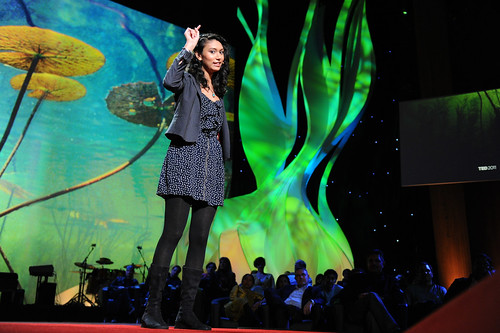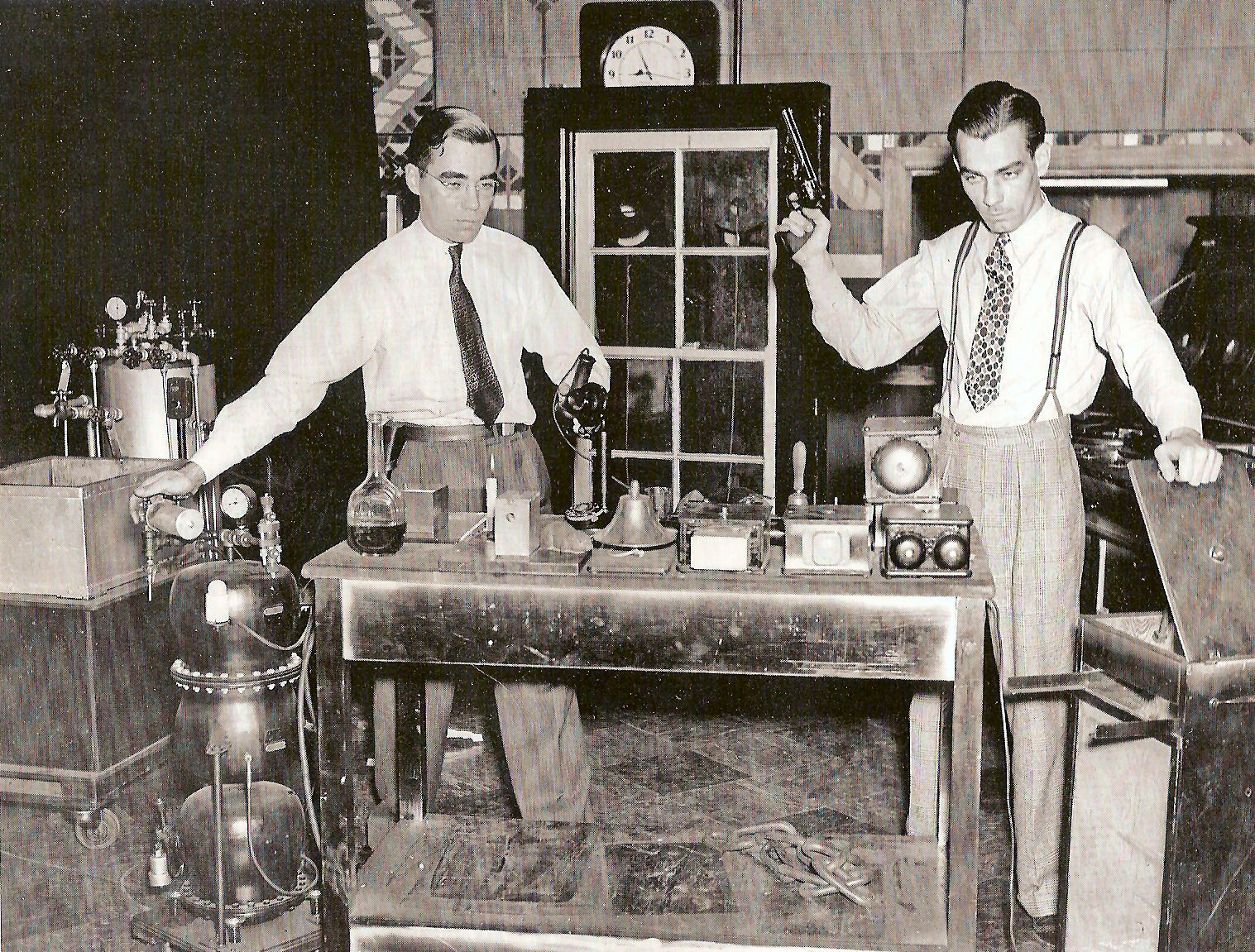8 characters
6 scenes
4 sets
2 acts
1 script and I am suddenly reminded of why I am not a Television Production major.
*
2 Cameramen/ Gaffers,1 Audio Technician/ Boom Extender,
every hand is Grip, every person is Producer/ Director.
Each scene shot 5 times from different lengths and angles,
motion ongoing with every nuanced action repeated for Continuity sake
*
At the end of it all?A 15 minute production I have yet not seen for all the frustration and tiredness it'd bring to what was just supposed to be a couple hours (two hours, less even!) of helping out a friend.
***
Why do I choose now to document this? Why dwell on this thing that has happened and gone? I suppose I am reminding myself of what I dislike and the reasons for said dislike because in the past month or so I have decided I will be wetting my toes in the waters of Video Production. Some people never learn. I'm now well into the Pre-production phase with my vision of the final product. If thoughts could be communicated without going through the noisy, distracting channel of words (spoken or written) then I would share my projection. I'm almost certain that as with all things in life this vision will not become tangible; it will not be the way I want it to be because life is like a toolbox of wrenches when all you want is a screw.

I say all that to say only this: I'll be attempting this project and I will document it here in a kind of behind-the-scenes Director's manual.
*insert optimistically dire statement here*
Best wishes, happy hunting, may the odds be ever in favour et al.
Alas delusions of grandeur compel me to do this thing. For others to look back and marvel at. For the sake of understanding process.







